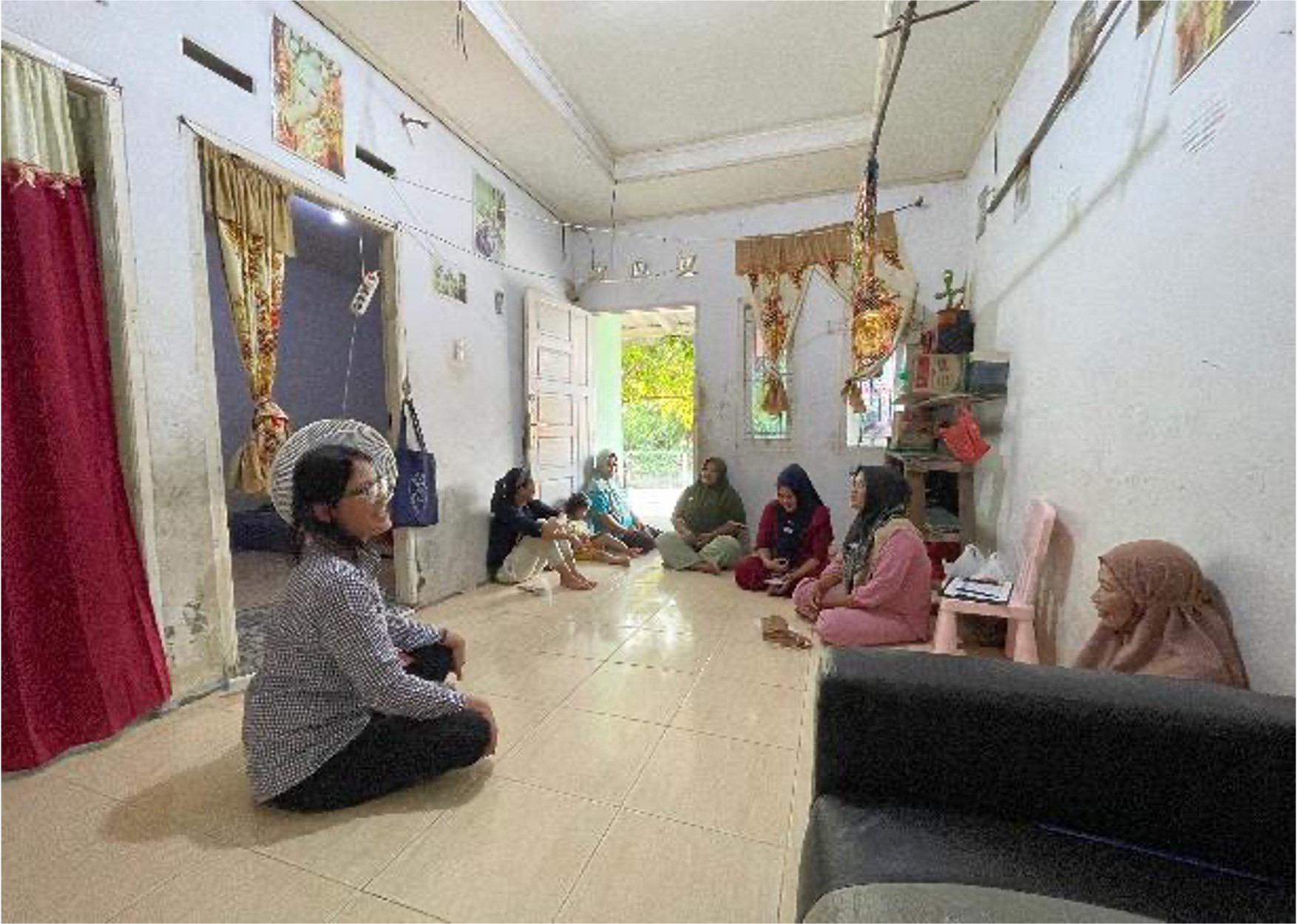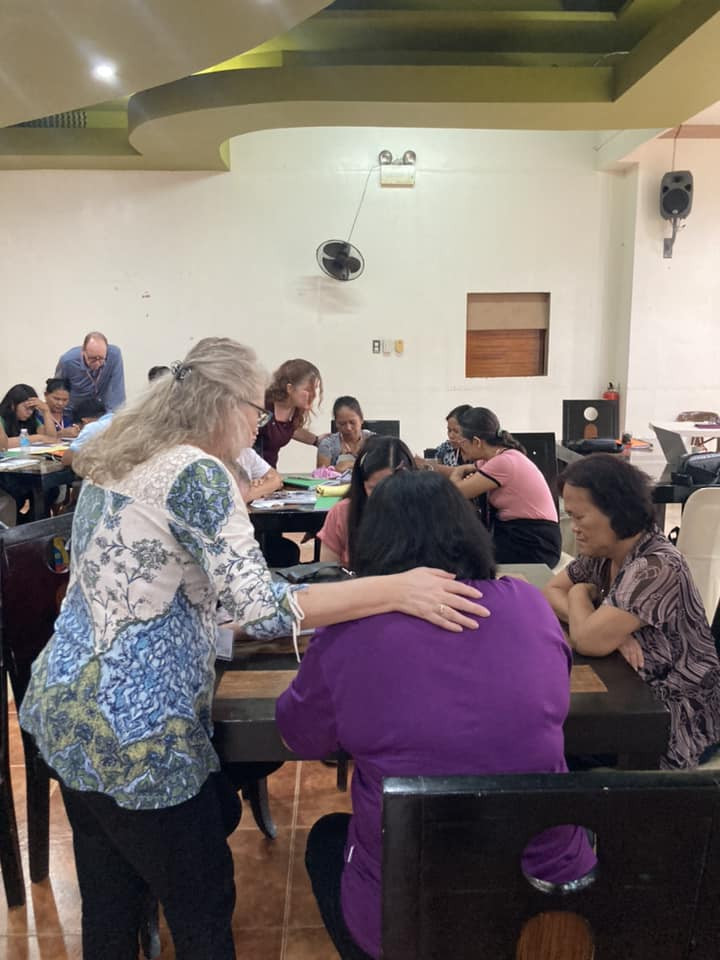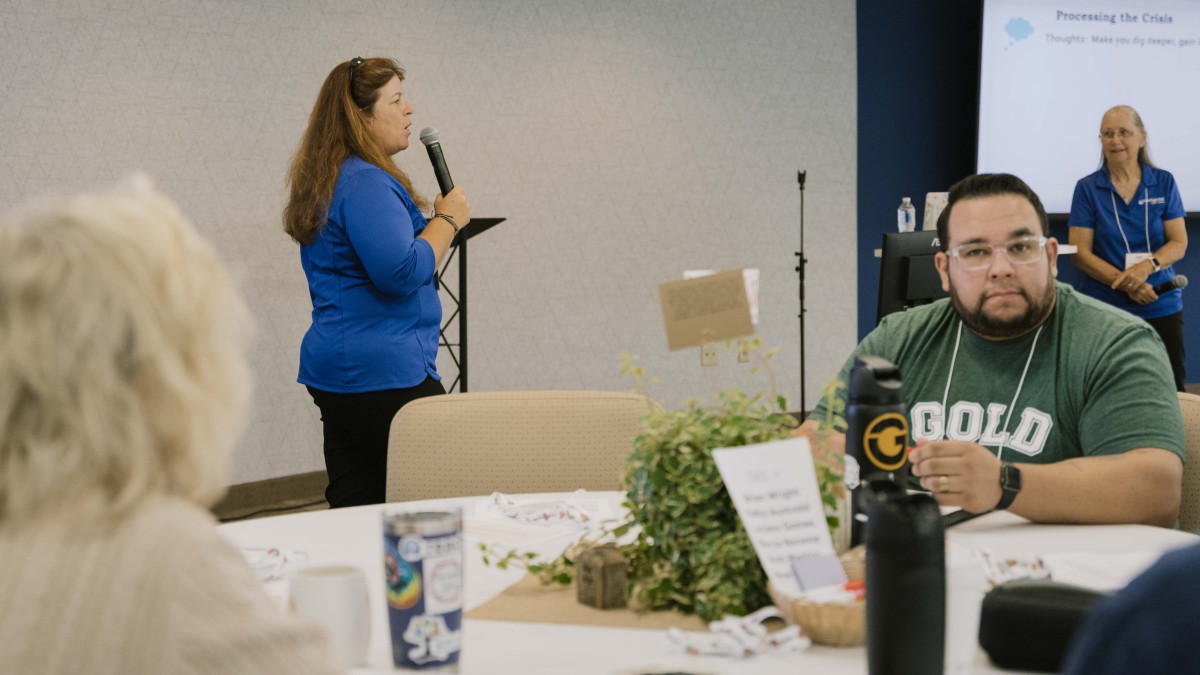Aarav*, the program manager for one of our sites, was a professor at a school and involved in ministry. He had a relationship with a trauma therapist who he invited to come and teach trauma training to all the care workers. The site coordinator visited the site shortly after that training and met with the care workers. They had a roundtable and he asked them to express what they had learned. Trauma training can sometimes trigger things in people’s own lives. So it was a wonderful opportunity for them to grow together as a team through that sharing. The care workers look forward to continuing the trauma training because it helped them to have a wider view of the children, an appreciation for what they've been going through and to look at them differently.

Last year there was a fire at a site at one of our sites in the Philippines. Praise God, all the families escaped unharmed. But 39 sponsored kids had their houses partially burned or destroyed. The silver lining? Because of a fire at another site the previous year, all the care workers there had been trained in trauma care. So those care workers and the pastors went to this site and provided support to the families and the kids. With the help of everyone involved, they’re sending kids from this site to the neighboring to continue receiving the nourishment and the tutoring and while they’re rebuilding the devastated site.

In Zambia, trauma training is an ongoing process. In April, the site coordinator took the team through the trauma training in our care manuals. The response of many of the care workers was “Wow. Our kids have a lot of trauma. In fact, we’ve all had trauma in our lives that we still need to work through.” More recently, the program manager set up a week of training with someone from the American Bible Society who works with crisis pregnancy centers in that area. They learned about emotions and how to express them. They learned biblical truth about how God can heal and restore. They learned games to play with the kids to help them process their grief and to be able to take steps forward. They had a lot of kids coming to the church, so the care workers practiced what they learned with them. They sat with these kids or had them play with blocks and as they played, they ask them questions. And they just listen to those stories. It makes a difference.

